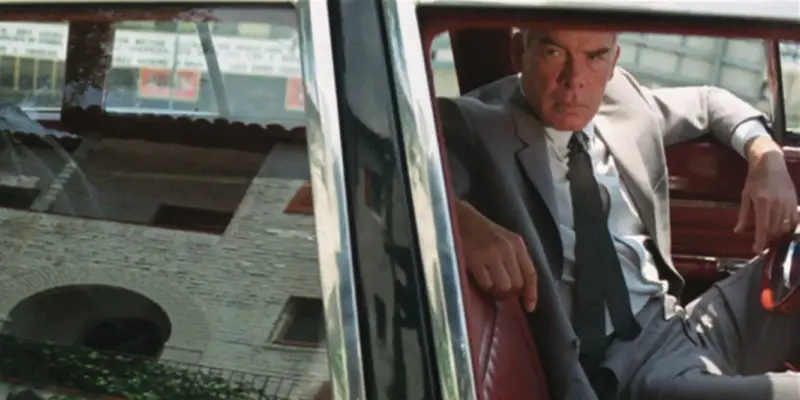1960s
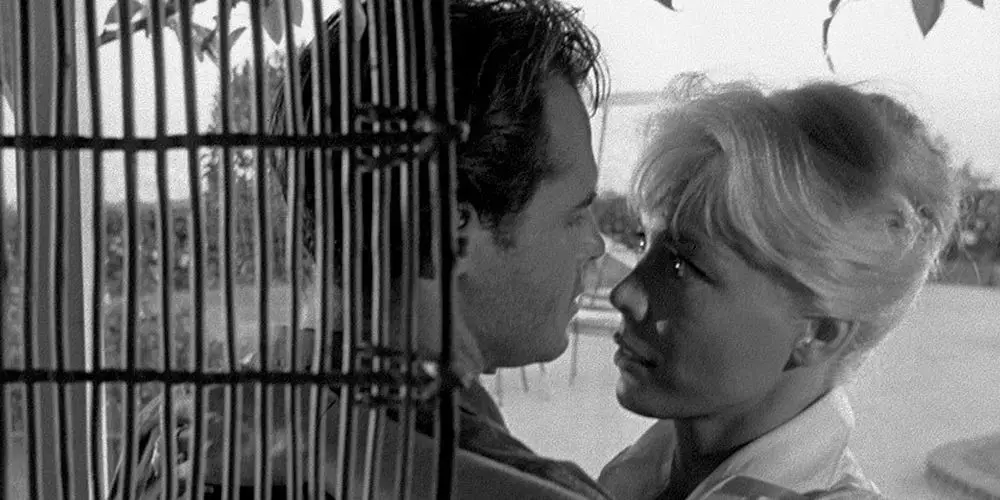
When it comes to cinema, it is truly the best and the worst of times. An unstable economy and the rampant rise of piracy have forced studios to rehash old films and hammer original ideas into the ground just to try and make money, with many mainstream movies now catering towards the profitable Chinese market to make those big bucks that the US haven’t been producing lately. Whilst it’s a dire situation, this new social media age has been a huge step forward in retaining and reviving film history.
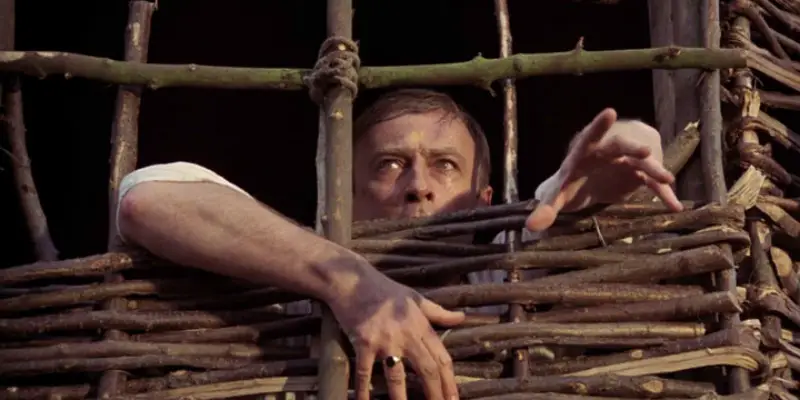
In the brilliant and insightful documentary A History of Horror, British writer and actor Mark Gatiss explores the horror genre throughout many countries. While discussing British horror cinema of the 1960’s, Gatiss uses the term ‘folk horror’ to describe a short but very curious subgenre. The films that make up this genre are unmistakably British and owe a large debt to the trail blazers of horror cinema in Britain:
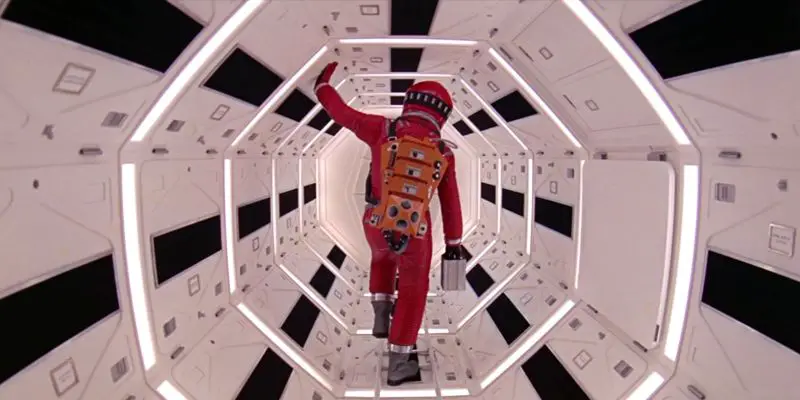
Stanley Kubrick’s classic sci-fi epic, 2001: A Space Odyssey, is a fictional transcendence of classic Greek mythos through the ubiquity of the motion picture camera. As the film’s title suggests, this is Greek philosopher Homer’s The Odyssey told on the grandest of scales and sparing no expense that 20th Century cinema had to offer.
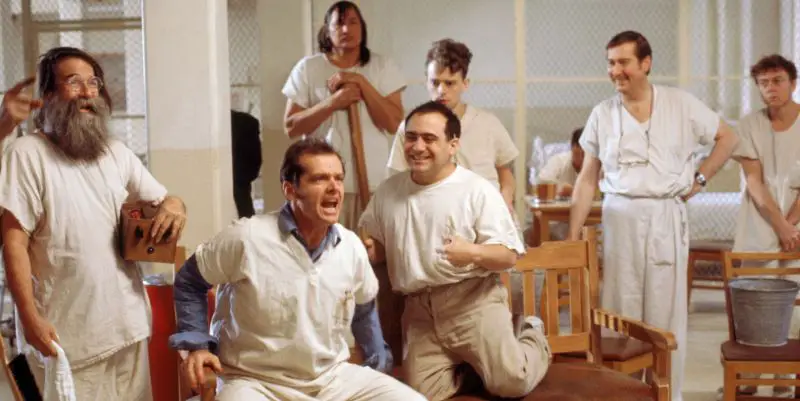
It’s been quite some time since my last volume of Words vs. Moving Pictures, in which I discussed Harper Lee’s To Kill A Mockingbird and compared it to the 1962 film. Since then, it has taken me a long time to try to find another book and subsequent movie adaptation that would be worthy of discussion.

Frank Sinatra, whose 100th birthday would have been this December, was one of the great entertainers of the 20th century. He had an exceptional voice that made him perhaps the most influential vocalist in history, but Sinatra doesn’t sing a note in his best movie, the Cold War thriller The Manchurian Candidate (1962). This deft political drama, which wouldn’t have been made without Sinatra’s intervention, uncannily predicts many of the tumultuous events of the 1960s and beyond.
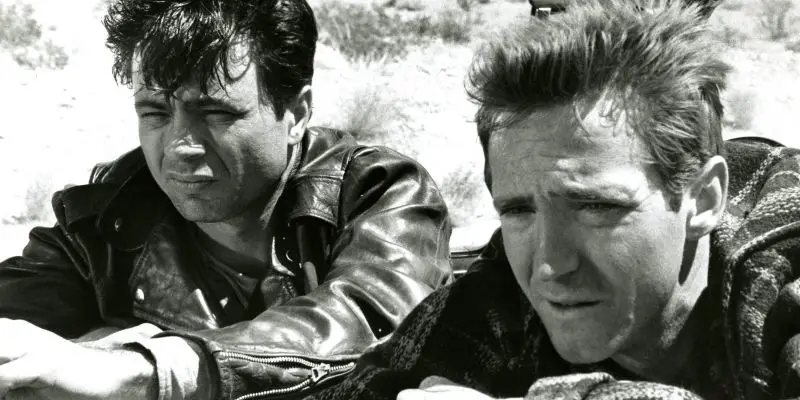
On a chilly night in November 1959, two desperate young drifters slaughtered a family outside Holcomb, Kansas for $40, a pair of binoculars, and a transistor radio. The macabre slayings and the manhunt, trial, and execution of the pair of “natural born killers” who committed the crimes gripped the nation. Celebrated writer Truman Capote published a bestselling book about the case called In Cold Blood that was turned into a gripping 1967 movie, which is one of the best of the later film noirs.
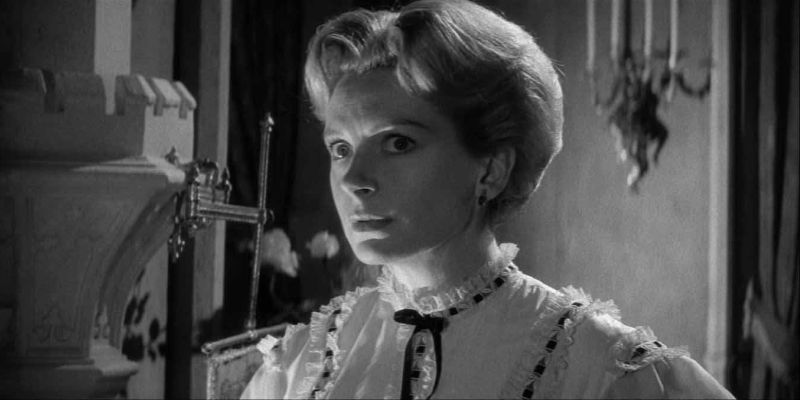
Miss Giddens (Deborah Kerr), the new governess for two orphaned children in Victorian England, arrives at their idyllic country estate in the beginning of the psychological horror film, The Innocents (1961). The naive young woman, who has a lived a solidly middle class existence as a vicar’s daughter, marvels at the stately home and spacious grounds. Everything, including her two young charges, seems innocent and perfect.


